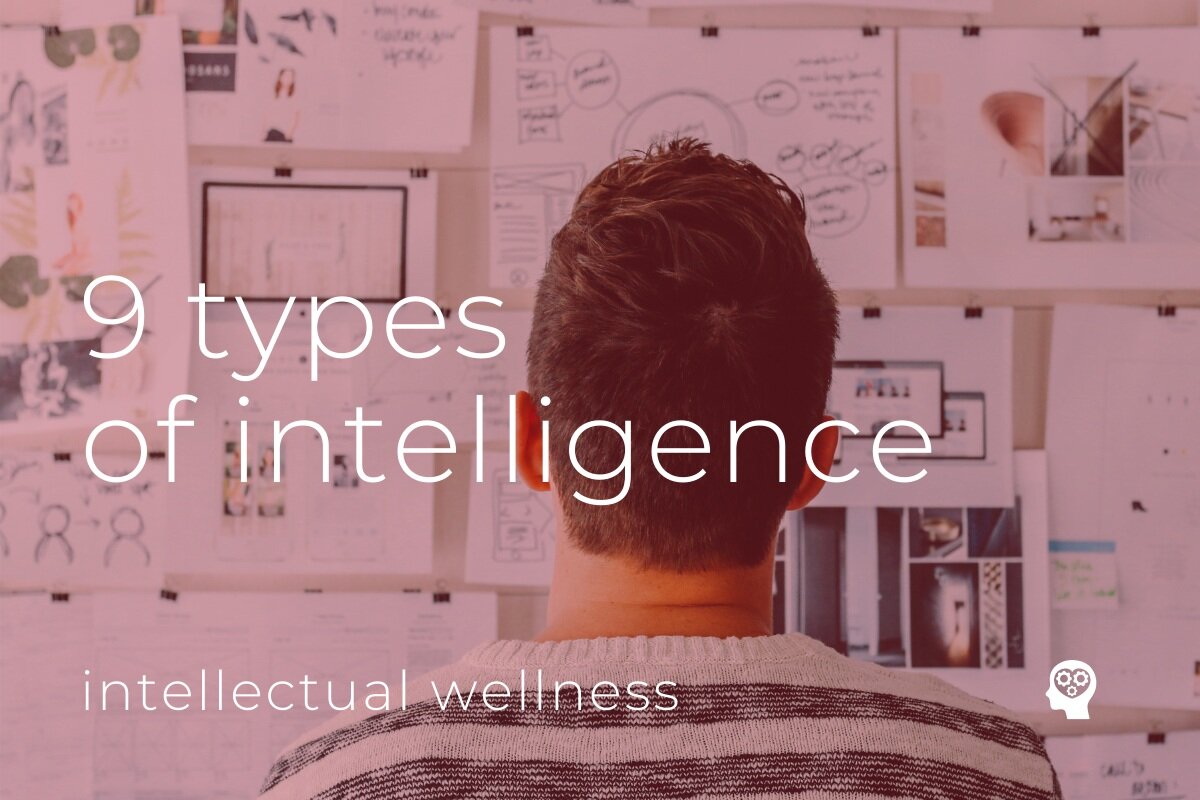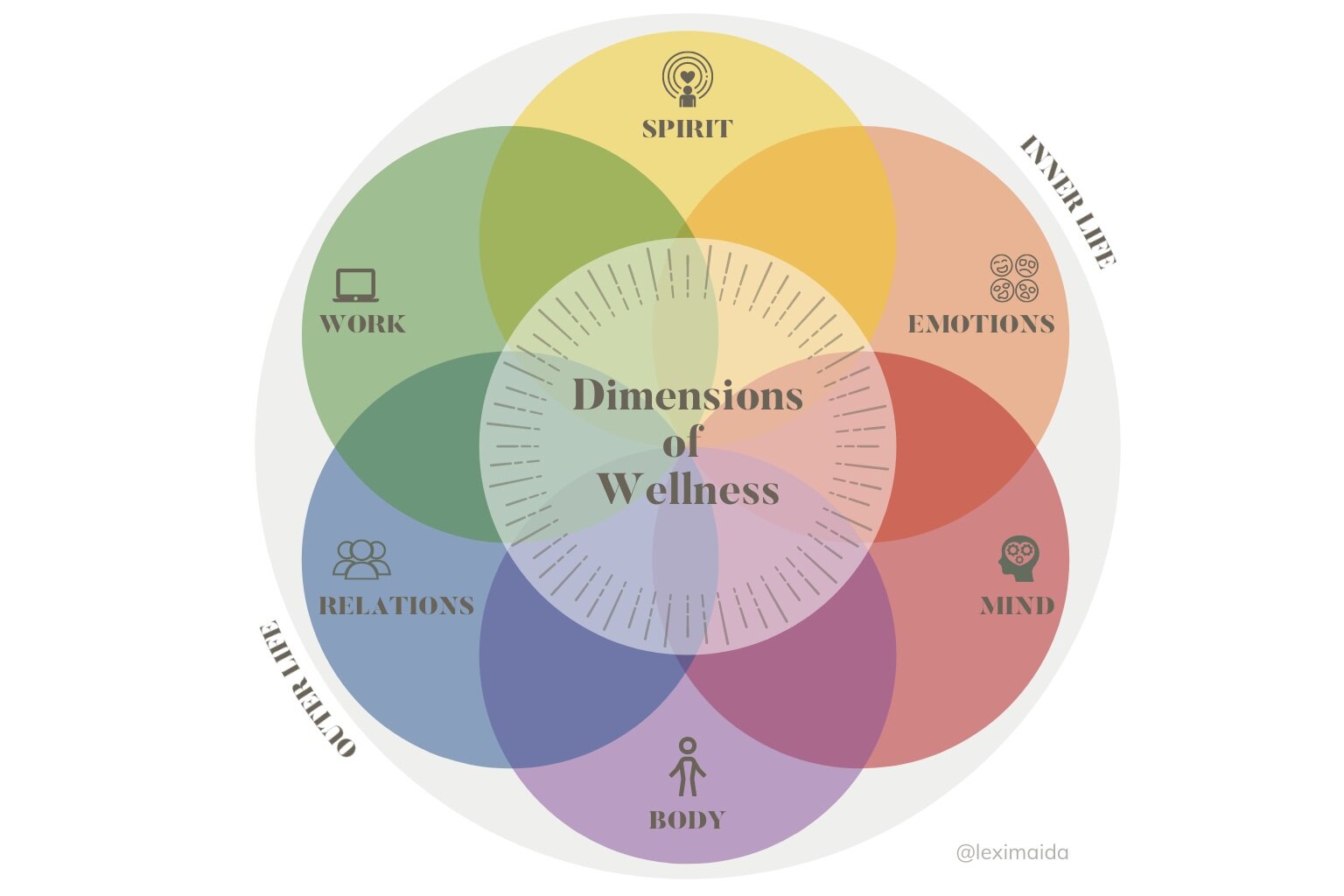Business As A Science & An Art
As I dug into research about the inner life, I found a lot of content that brought up the lack of consideration for the inner life in the business world. A lot of old content and an overwhelming amount of new. One clear effect of Covid-19 is the realization that businesses have long been out of touch with the human experience of their people. This disconnect exists between businesses and their most important shareholders - their customers, communities, and employees. (I will refer to shareholders a good bit throughout my writing, and it always means these groups unless noted otherwise.)
Through the pandemic, this disconnect either grew or shrank depending on the reaction of leadership in organizations and their ability to pivot in a reality where customers are shopping differently and may be experiencing financial stress and uncertainty, where communities are trying to navigate a new economic landscape and very difficult times for local businesses, and where employees are trying to work from home with children out of school and the constant (and confusing) threat of a lurking illness.
On top of this, there has been an “awakening” in society to systemic racism. The effects of this have been extremely personal to each individual. The common denominator is that it should be affecting everyone, including businesses.
I believe the capacity for a business to pivot effectively or not is based upon its leadership’s sincere and authentic connection to their shareholders. If leaders aren’t capable of connecting with the shareholders’ personal experiences, they are out of touch. There’s simply no room for being out of touch today.
There are many positive stories about businesses pivoting to new models conducive to short-term survival along with long-term resilience and growth. Some are doing well, some are struggling, but all are facing a business mindset change.
Rather than placing easy blame on executives and management and adding to the nonproductive narratives that already exist, I prefer to go deeper in search for a first principle. As always, my purpose is to dig into why things are the way they are and find truths that we can use to build upon for a more authentic inside-out wellbeing journey. This search brought me all the way back to the formation of the “business mind” through the Age of Enlightenment.
HISTORY OF BUSINESS AS A SCIENCE
In the Age of Enlightenment, thinkers such as Descartes, Newton, and Rousseau sought to create a new type of Western thinking based on principles of logic and rationality. It departed from the old beliefs of magic and superstition. It created an intellectual divide between the domains of the human experience into what is now known as the Sciences, representing the physical world, and the Arts, representing the subjective world. Business thinking emerged from economics, which fell under Science. Anything related to the subjective experience of people, such as fields that involved creativity, philosophy and psychology, fell under the Arts. Enlightenment thinkers kept these two domains separate and felt that anything that fit under one could not also be under the other.
So, if business was a science, that was all it was.
I graduated from NYU as a Bachelor of Science because I was a business major. Even though my focus was in marketing and advertising, which are two very subjective, creative, and psychology-related fields, my degree is under the “sciences”.
WHICH BRINGS US TO TODAY
This history helps explain why business has been so scientific in its approach to the human experience over the decades. Executives consider major decisions with the baseline question "Does this equal a dollar earned or a dollar lost?” Anything that will cost the business economically must be thoroughly analyzed for its ROI, which, of course, is also measured in money.
The science of economics has ruled the roost. Dollars are the measurement for business. It is nearly impossible to separate the human experience of the most important shareholders from the spreadsheets in the office of the CFO.
Most executives have studied business to some degree, and higher education has been founded on the science of business with an anchor to the bottom line. There is still an extra star (or an easier path to an interview) for an MBA applicant over someone with a bachelor’s degree. Forget about an applicant with less education on their resume. Even executives who did not go to college or study business but got "in the room" through grit hold a bias toward hiring Ivy League MBAs for bragging rights and to surround themselves with the proper “minds.” (That’s a fascinating study in impostor syndrome…saving for another article.)
What does this mean as far as the system that business is operating in today? Ontological design shows us that, since the Age of Enlightenment, business has been treated as a science and that has designed a system and a mindset that we’re still operating in today; in which there is little to no room for discussions around the human experience in a business. Of course, there are talking points that get shuffled down to HR or the Diversity Officer, but that is where it stays with no real change. No board room really wants to sit down and discuss the issues affecting the wellbeing of the shareholders, that is unless we’re talking about the financial shareholders, in which case every board meeting dissects everything down to the penny.
I am not ignorant to the fact that money exists, and it is a very real factor in owning and running a business. I am an entrepreneur, which means I have had to wear all of the hats - creative and economic. I get it. But I have also spent the last few years researching and strategizing on solutions that can connect business dollars to real people. Ultimately, we know something is broken when we find ourselves in a pandemic, among many other human issues, and businesses are crumbling because they can’t continue the science of business as usual.
SYSTEMS ARE DIMENSIONAL
Finally, businesses are being forced to come to the realization that business is not just a science. Using first principle thinking, we can realize that every system in nature has a balance between science and the arts. Nothing in nature is simply science without the subjective value and beauty of its existence. The experience of any system in nature is the art that provides its value to the beholder.
So, why should any system be solely a science or an art?
Consider humans. The human brain is not only the left or the right. It is both. We are rational and irrational at the same time. We are scientific and creative. We are linear and nonlinear. Try to find one system in nature that is not a two-sided coin perfectly marrying the sciences and the arts. It is awe-inspiring.
I would like to suggest that we are finding businesses at a crossroads where they will either survive by understanding the dichotomy of the nature of business and the human experience or they will fail. Leaders must separate themselves from the scientific discussions of the past where spreadsheets run their meetings, and they need to ENGAGE in their people. The very value of their business is a dollar spent by a human who has a desire or a need, so it is only logical to understand that is where the value is regardless. There are no dollars without human labor on the other end as Adam Smith so clearly observed in his often misquoted and misused writings “The Theory of Moral Sentiments” and “The Wealth of Nations.” I encourage everyone to read these books, as I did in previous research, to understand his true sentiments more deeply and learn that his focus was the value of people and not an invisible hand that drove economies.
WE NEED A WAVE, NOT A RIPPLE
In recent years, we have heard key words emerge such as empathy, compassion, diversity, equality, pay gap, paid family leaves, and many more in business discussions. There is an undercurrent of these pressing issues that have continued to hit the surface, and it has even been led by some major business players, but it has only created ripples and not a wave of change. I believe that businesses have been brought to the "threshing floor" where they either authentically change and survive or not.
Today’s most pressing issues require more human-centered, nuanced, cross-disciplinary problem-solving strategies. Leaders are being called to have a well-rounded character with emotional intelligence capacities including intuition, empathy, compassion, and collaborative sense-making.
Moving forward, leaders must focus on the psychological aspect of their shareholders and view them as complex individuals with emotionally driven inner lives. Without this focus, leaders will miss out on the deeper capacities and commitments of their people. The solution is in the science and the art of business, a system where business minds are required to analyze value as a combination of business economics and the wellbeing of their shareholders.
SUMMATION
Changing systems does not happen overnight, but, as with most change, the beginning is to acknowledge the need. Businesses and leadership are made up of humans, so tapping into their own inner life journeys is the key to opening executive hearts and minds to the human experience that they themselves share in. This is why I believe the solution to most business challenges begins with the inside-out journey of the people that make up the business. When we get down to it, the only way to make sustainable, authentic, and real change is to change from the inside-out, and the inside of every business is people.
















Like most historical events, I think we all will remember where we were when COVID was declared a global pandemic and everything shut down. Well, two weeks turned into two years.